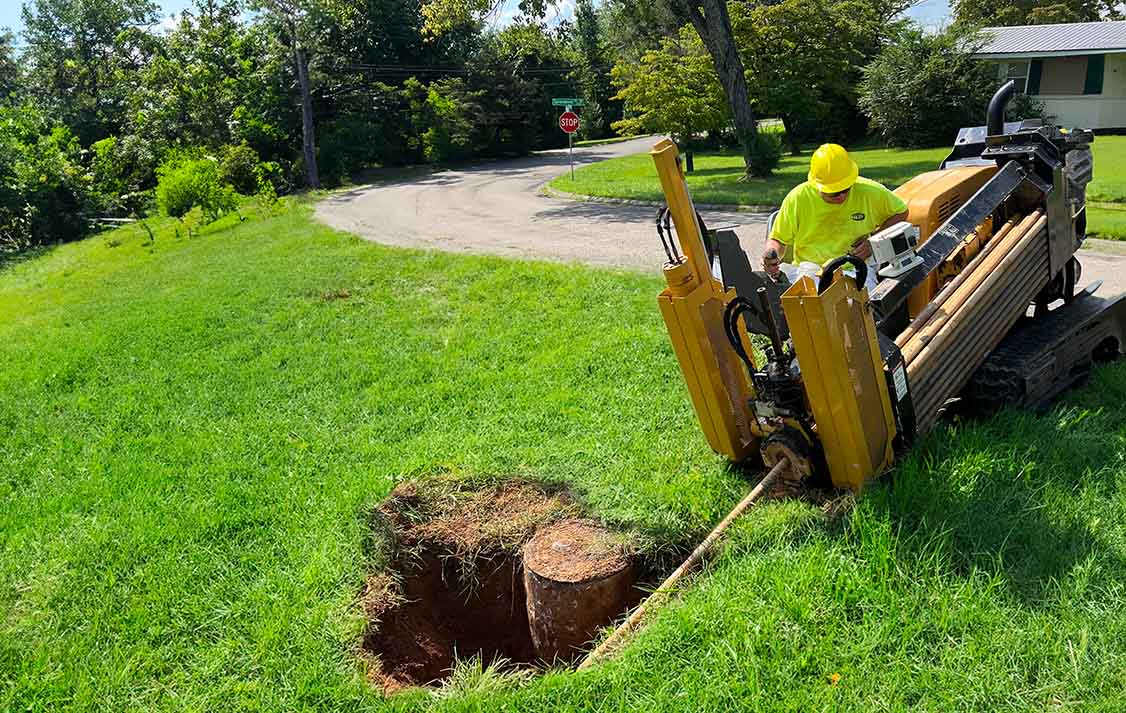- HEP
- Burst Pipes

 Burst Pipes
Burst Pipes
Burst Pipes | Emergency Plumbing | Plumbing | Tracy City
When a pipe suddenly bursts in your Tracy City home, every second counts. HEP’s local team jumps into action the moment you call, arriving fast with fully stocked trucks, state-of-the-art leak detection, and the skill to stop water damage in its tracks. From frozen copper lines to ruptured PVC, we’ve seen it all—and we fix it all—restoring your water supply and your peace of mind.
Residents rely on us for true emergency plumbing service that’s available 24/7, backed by upfront pricing and a satisfaction guarantee. Whether it’s the middle of the night or a holiday weekend, HEP’s licensed pros deliver clean, respectful workmanship and helpful tips to prevent future bursts, so you can get back to life without the stress of a surprise flood.
FAQs
What should I do immediately if I discover a burst pipe in my Tracy City home or business?
First, shut off the main water supply valve to stop the flow of water. If you cannot locate or turn the valve, call us right away and we will guide you through the process. Next, turn off electricity to any affected areas to reduce shock hazards, then open nearby faucets to relieve remaining pressure in the lines. Move valuables out of standing water if it is safe to do so, and place towels or buckets under active leaks. Finally, contact our 24/7 emergency plumbing team so we can dispatch a licensed technician to your Tracy City address within minutes.
How quickly can your emergency plumbers arrive in Tracy City?
Our on-call crews are stationed throughout Grundy County and neighboring communities. In most cases, we reach customers inside Tracy City limits in 30–60 minutes, day or night, weekends and holidays included. While travel times can vary during severe weather, we always provide a real-time ETA, text updates, and a direct phone line to the responding plumber so you’re never left guessing.
Will my homeowner’s insurance cover burst pipe repairs and related water damage?
Many standard homeowner’s policies cover sudden and accidental water damage from a burst pipe, including the cost to tear out and replace damaged walls or flooring to access the pipe. However, most policies do NOT cover the actual pipe repair itself or damage caused by neglect (e.g., failing to heat the home during a freeze). We work closely with insurers, provide detailed photographs and itemized invoices, and can bill your carrier directly for covered work. We also offer financing options for any non-covered repairs.
How do you repair a burst pipe, and will you need to shut off my water for long?
Once on site, we assess the pipe’s material, location, and extent of damage. Small, accessible breaks in copper or PEX can often be cut out and replaced with new pipe or press-fit couplings in under an hour. Larger ruptures or buried lines might require section replacement or full re-piping. We keep water shut off only as long as necessary to make a permanent repair and pressure-test the line; most customers have service restored the same visit. If extensive drying or structural work is needed, we can install temporary bypass lines so you’re never without water for more than a few hours.
Can you help with water removal, drying, and mold prevention after a pipe bursts?
Yes. We partner with certified water-damage restoration technicians who can arrive immediately after the plumbing repair to extract standing water, set up commercial dehumidifiers, and apply antimicrobial treatments. Quick drying—typically within 24–48 hours—significantly reduces mold growth and structural damage. We also document moisture readings and provide a clearance report for your insurance claim.
How can I prevent pipes from bursting during Tracy City’s cold snaps?
• Insulate exposed pipes in crawl spaces, garages, and exterior walls with foam sleeves or heat tape. • Keep the thermostat at 55°F or higher, even if you’re away. • On nights below 25°F, let cold-side faucets drip slightly to keep water moving. • Open cabinet doors under sinks on exterior walls to allow warm air to circulate. • Drain and disconnect outdoor hoses, and shut off and winterize hose bibs. • Schedule an annual plumbing inspection with us each fall; we’ll check insulation, test shut-off valves, and identify vulnerable sections before the first freeze hits.